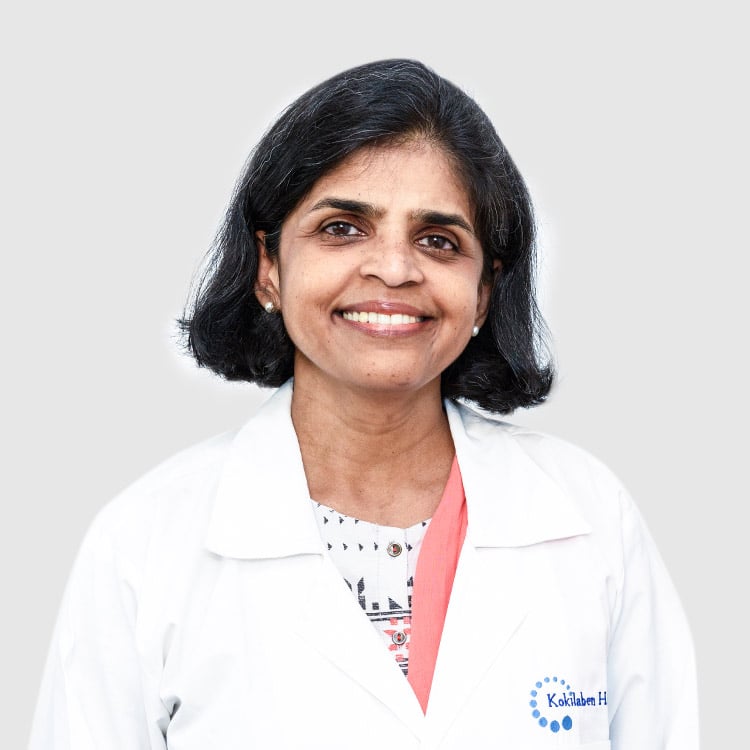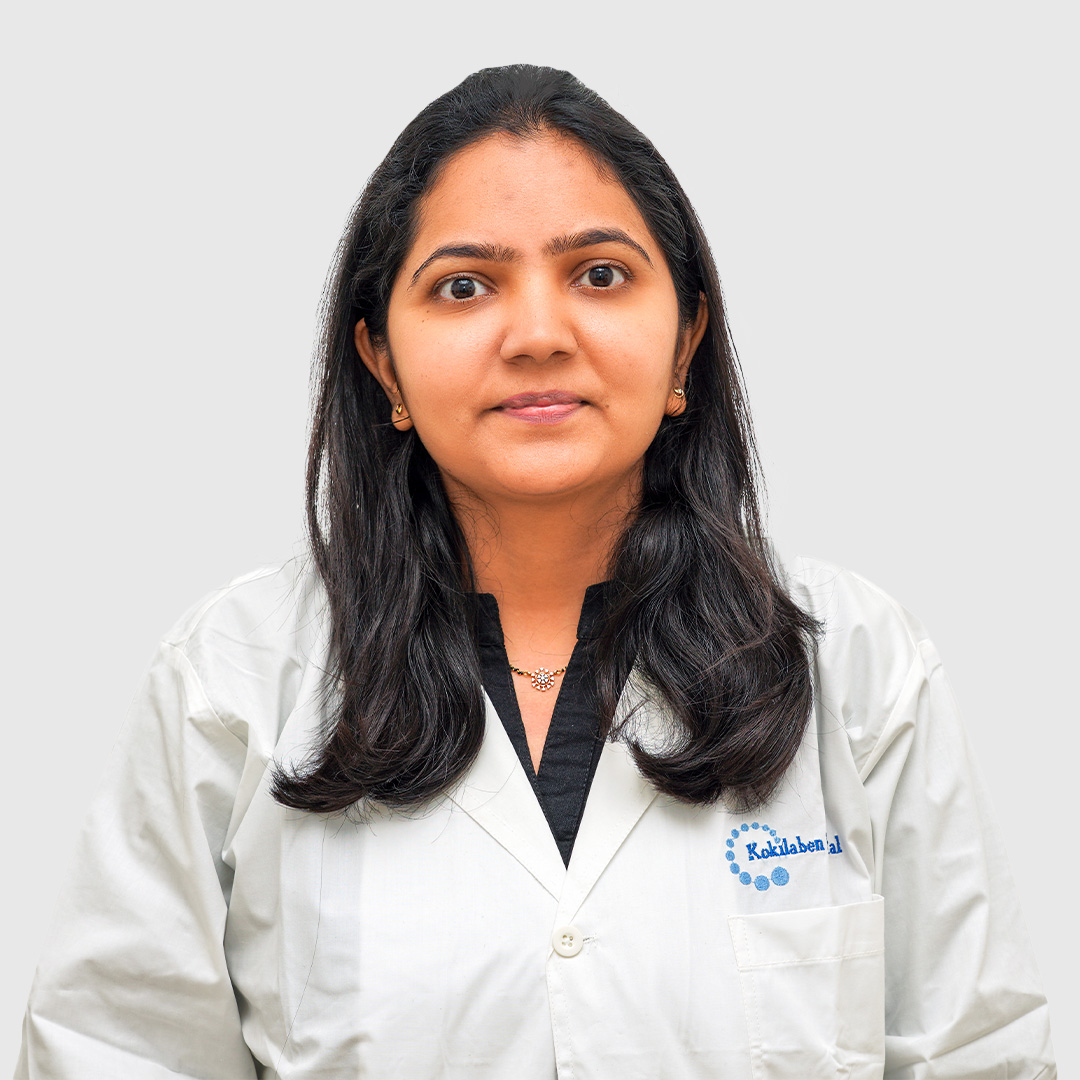Epilepsy is the most common chronic neurological disorder that affects 1 in every 200 people in the community. It is estimated that in India, there are over five million people with epilepsy and one million with medically refractory epilepsy. There are nearly five hundred thousand people with focal epilepsies, and in a majority of them, surgery cures or controls epilepsy.
In urban India, the family practitioner, paediatrician, physician and neurologists are involved in epilepsy care. However, a large section of patients with active epilepsy especially in rural India go undiagnosed and untreated. This treatment gap in underdeveloped countries ranges from 70 to 94% with an estimated three million patients living in rural areas of India. The reasons are several: failure to identify persons with epilepsy; failure to deliver treatment to identified persons with epilepsy; knowledge, attitude and cultural practices of the people; and the cost of antiepileptic drugs.
What is Epilepsy?Epilepsy is the tendency to have repeated spontaneous seizures (fits/convulsions). Seizures are episodes of disturbed brain electrical activity that cause changes in attention or behaviour.
What are the different types of fits?The normal brain continuously has electrical currents in a controlled manner. Fits or seizures occur because of brief excessive currents in the brain. The symptoms of a seizure vary depending on the part of the brain that has abnormal current. Accordingly there are different types of fits or seizures.
What causes Epilepsy?
Epilepsy may occur due toEpilepsy can start at any age, but it commonly starts at extremes of age, i.e., in small children and the elderly. A large percentage of children with epilepsy outgrow the problem with age.
How is Epilepsy diagnosed?
It is advisable to plan the treatment with a specialist doctor who treats epilepsy viz a neurologist or an epilepsy expert. However, about 20-30% of people with epilepsy continue to have seizures despite medications. Some of these patients can benefit with brain surgery. The decision for suitability for surgery depends on detailed investigation results. The following studies are particularly useful in identifying the epileptic firing focus during the presurgical evaluation.
Long Term Video EEG (Electroencephalogram) Evaluation: It is one of the key tests performed to establish the diagnosis of spells whose epileptic nature is not certain and to determine the area in the brain from which the seizures originate (epileptic focus).
3 Tesla MRI: This is very useful in identifying subtle anatomical lesions that may be missed on routine MR images.
Functional MRI: This aspect of MR evaluation studies identifies areas of the brain associated with specific functions like the arm and leg movement, and vision, speech and language. This is useful for non-invasive planning of surgical strategies, such that post-surgical motor, visual or language deficits may be avoided.
SPECT & PET-CT: These are also available to evaluate more challenging patients with focal epilepsy and a normal MRI. These are used to provide visual evidence of the functional epileptic firing focus.
Neuronavigation System: This equipment is available in the operation theatre to provide surgeons with online MR imaging orientation of his surgical field. This greatly improves precision during surgery.
Intraoperative MRI (IMRIS): This system allows the surgeon to perform an MRI study in the operation theatre. This allows the surgeon to ensure complete resection of the epileptogenic lesion, which is crucial for seizure freedom.
Can Epilepsy be treated?
There have been major breakthroughs in epilepsy treatment in the last few years. Over 70% of the people with epilepsy have a good control of their seizures with medications. Several new medications available over the last decade have very few side effects. At present there are over 15 different types of medications available for the treatment of fits.
How long one needs to be on medicinesEpilepsy is not a disease. Epilepsy can be of different types, due to different causes, and can greatly vary in severity as well. Therefore, the treatment of choice and duration will differ from case to case. The correct choice of medication has to be made, with careful consideration by the doctor. With the right medication and advice, most people with epilepsy can lead normal lives.
Who should be approached for the treatment of Epilepsy?For immediate care, you may contact the family physician or paediatrician. However, to plan long term care, it is advisable to seek opinion of a specialist doctor who treats epilepsy via a neurologist or an epilepsy expert.
Can medications cure Epilepsy?Medications suppress seizures and keep the patient seizure free, but they do not remove the tendency to seizures. A large percentage of patients outgrow the tendency to several episodes of seizures with age, and can eventually discontinue medications.
Is it true that Epilepsy can be cured with Brain surgery?It is advisable to plan the treatment with a specialist doctor who treats epilepsy viz a neurologist or an epilepsy expert. However, about 20-30% of people with epilepsy continue to have seizures despite medications. Some of these patients can benefit with brain surgery. The decision for suitability for surgery depends on detailed investigation results. Technological advances like better neuroimaging and long term video EEG (electroencephalogram) evaluation have improved diagnostic accuracy. In rightly chosen patients, surgery is safe and can cure epilepsy. The person can be free of seizures, and may even be able to gradually stop all medications.
Who needs presurgical evaluation?Any person who
What are the common dos and donts for an Epileptic?
What seizure first aid measures should one be aware of?
In A Patient Having A Major Tonic Clonic Seizure
In Acute Seizure
Our comprehensive Epilepsy programme
The Comprehensive Epilepsy Care Programme is organised to provide multi-faceted and holistic epilepsy care. It is equipped to address the needs of:
Kokilaben Hospital has established a Comprehensive Epilepsy Care Programme for the evaluation of people with epilepsy to provide the best medical and surgical management. Kokilaben Hospital is the first and only centre in Western India that provides state-of-the-art diagnostic facilities for epilepsy evaluation under one umbrella.
Kokilaben Hospital team is committed to extend care to the affected that goes beyond medication and surgery. The Support Group For Epilepsy will meet regularly with patients for the purpose of addressing recurring issues related to medication, education, employment and social issues for patients and caregivers.
The aim of the team is to create awareness and remove fears about epilepsy in the community through periodic awareness programmes for the public. With such comprehensive care available, indeed there is lot of scope for improvement in the health of those afflicted with epilepsy as well as for safeguarding the health of those who fall in the high risk group.

Epilepsy

Children/Paediatrics, Neurosciences, Development Disorders
Cerebral palsy, Epilepsy, Neuromuscular disorders, Neurometabolic disorders, Neurodegenerative disorders, Paediatric Movement disorders, Paediatric Sleep disorders, Neuroinflammatory disorders and Developmental concerns